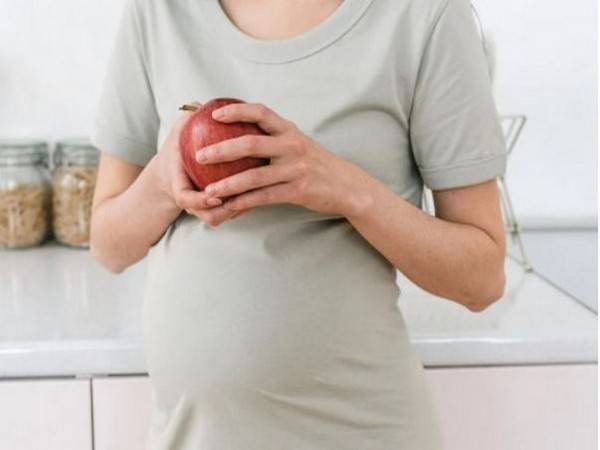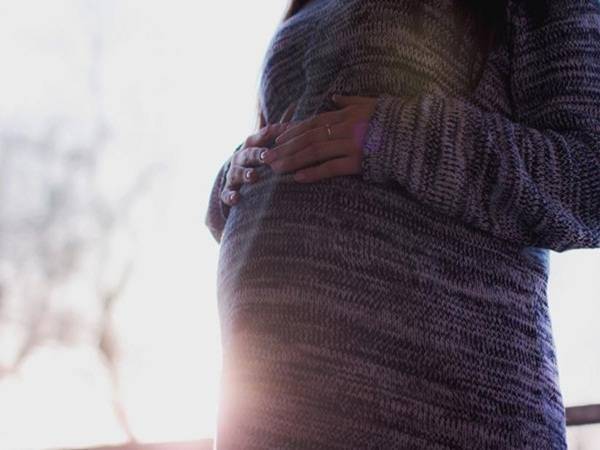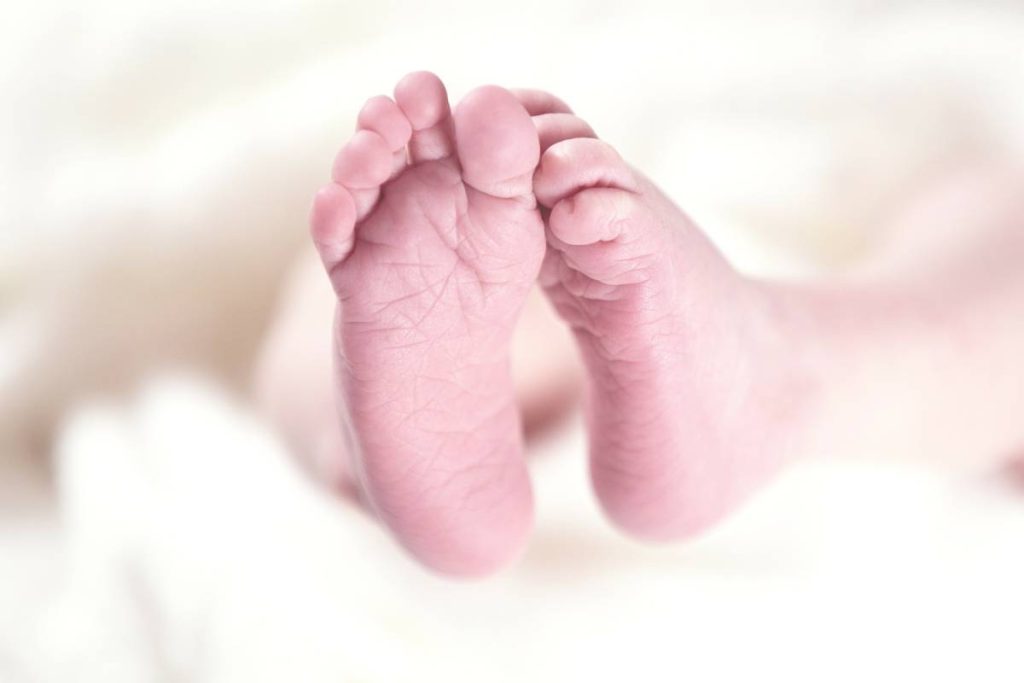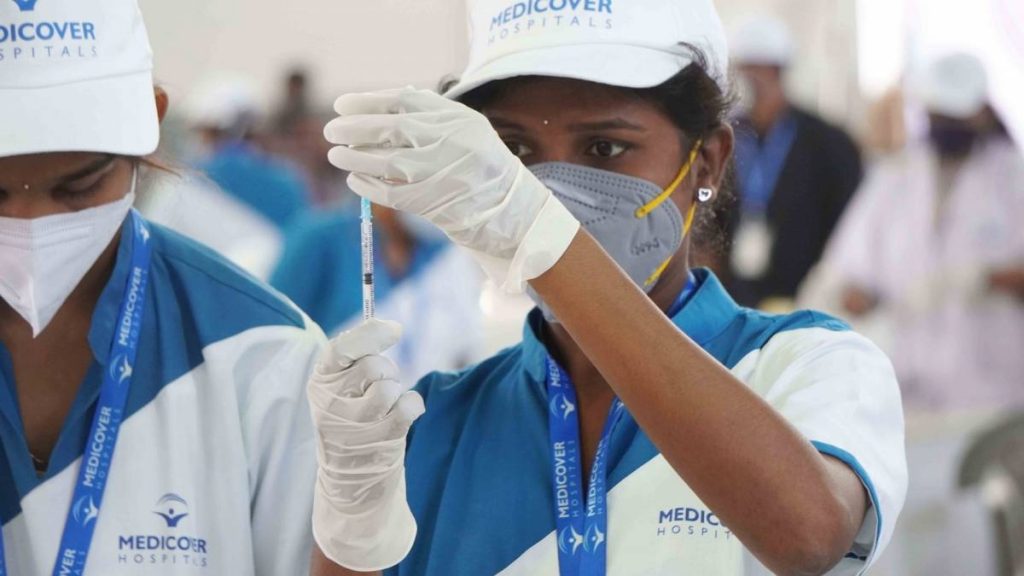Regular scans are not just medical check-ups; they are windows into the miracle of life unfolding. These scans and tests help healthcare providers assess the health and development of the foetus, detect any potential abnormalities early, and provide appropriate care and counselling to expecting parents…reports Asian Lite News
The first trimester of pregnancy is like stepping onto a roller coaster of change, where the only certainty is the uncertainty that comes with this transformative journey. As the body works tirelessly to create a nurturing environment for the growing baby, a whirlwind of emotions and physical adjustments takes centre stage.
Swapnil Kaushik, the founder of Mom’s Preg-Ladder says, “The surge in estrogen as well as HCG levels, surpassing the production of a non-pregnant lifetime, can lead to mood swings, bloating, nausea, and fatigue. While the baby bump might not be evident, the uterus is expanding, and blood volume is on the rise. It’s a time that brings both excitement and nervousness, and it’s perfectly normal to feel overwhelmed. Seeking support from friends, partners, or healthcare providers becomes a lifeline for expecting mothers as they navigate the complexities of this initial trimester.
As an internationally recognised childbirth educator, certified pregnancy health coach, and recognised expert on maternal and child nutrition coaching by the Government of India, Kaushik offers the following advice to soon-to-be mothers throughout the first trimester:
Knowledge is empowerment
Taking an early pregnancy class can be a game-changer. These classes provide invaluable insights into the changes happening within the body and equip expecting mothers with the knowledge to handle the upcoming challenges. From nutrition tips to coping mechanisms, these classes offer a comprehensive guide to making the first trimester more manageable.
Do get regular scans
Regular scans are not just medical check-ups; they are windows into the miracle of life unfolding. These scans and tests help healthcare providers assess the health and development of the foetus, detect any potential abnormalities early, and provide appropriate care and counselling to expecting parents. It’s essential for expecting parents to discuss with their healthcare provider which scans and tests are recommended for their specific situation.
Take proper rest
While staying active is encouraged during pregnancy, it’s essential to listen to your body. If morning sickness is making the usual routine challenging, don’t hesitate to rest. Also, taking short naps in the afternoon can be rejuvenating and help combat the fatigue that often accompanies the first trimester.
Prioritize well-being
Whether working or not, expectant mothers need to pay attention to various aspects of their lifestyle. Managing travel, reducing stress levels, maintaining a balanced nutrition plan, and staying well-hydrated are key components of ensuring a healthy first trimester and a thriving pregnancy.
Encourage open communication
An open line of communication with both your partner and healthcare provider is crucial. Sharing your experiences, concerns, and joys helps build a strong support system. This communication fosters a sense of togetherness, making the journey through the first trimester and beyond a shared experience.
Cultivate good reading habits
Reading about pregnancy, childbirth, and parenting can provide a sense of comfort and preparedness. Books, articles, and reputable online resources offer insights into what to expect, calming fears, and providing practical advice for navigating the challenges of pregnancy.
Meditation and pranayama
As the body undergoes physical changes, it’s equally important to nurture the mind. Incorporating meditation or pranayama into the daily routine can help manage stress, promote relaxation, and create a positive mindset. These practices contribute not only to the well-being of the mother but also to the developing baby.
Start womb talks
Begin the beautiful practice of ‘womb talks.’ While the baby may not understand the words, the vibrations and soothing tones create a unique bonding experience. This early connection lays the foundation for a strong parent-child relationship and introduces the baby to the comforting sounds of their parent’s voice.
Moreover, navigating the first trimester requires a combination of self-care, knowledge, and emotional support. Expecting mothers are not alone in this journey and with the right tools and a supportive network, they can embrace the changes with confidence, paving the way for a healthy and joyful pregnancy.
ALSO READ-What’s driving the mass exodus of pregnant women from Russia





























